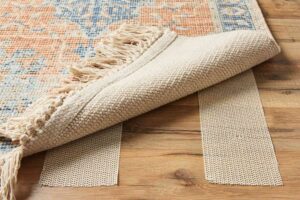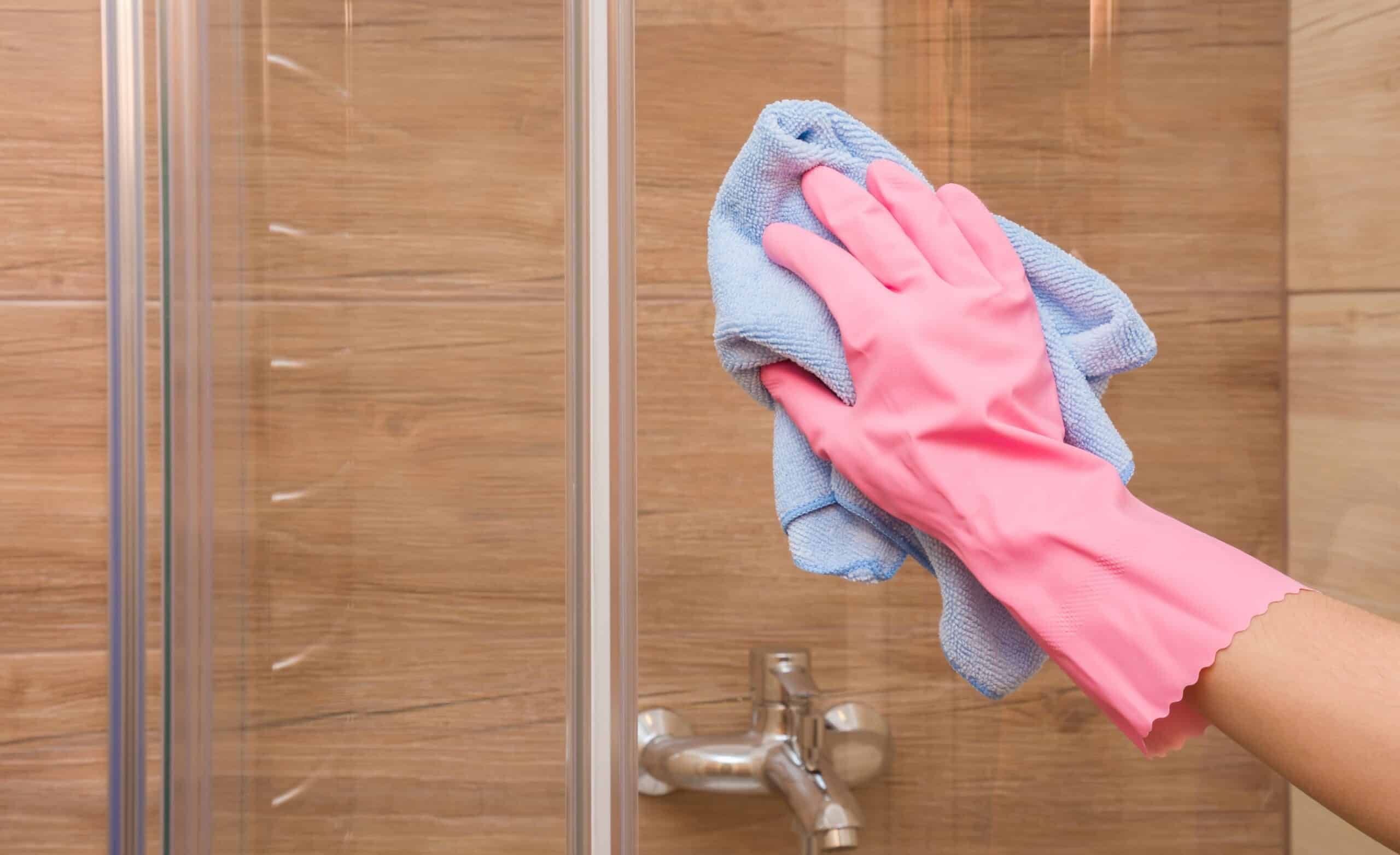
Crystal Clear: A Comprehensive Guide on How To Remove Soap Scum From Glass Shower Doors
Introduction: Glass shower doors add a touch of elegance to any bathroom, but over time, they can fall victim to an unsightly menace—soap scum. This stubborn residue, a result of the interaction between soap and hard water, can mar the clarity and beauty of your glass doors. Fear not, as we embark on a journey to unveil effective methods and tips on how to remove soap scum from glass shower doors and restore their pristine shine.
1. Understanding Soap Scum: The Culprit Behind Cloudy Glass
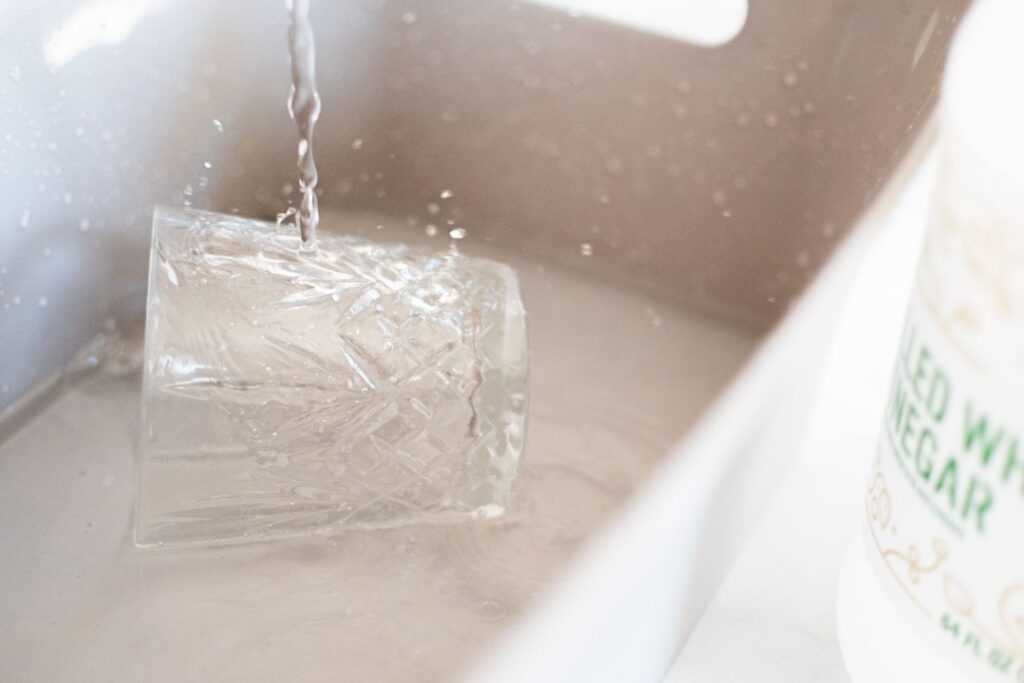
1.1 What is Soap Scum? Soap scum is a filmy residue that forms when the fatty acids in soap react with minerals in hard water. It accumulates on surfaces over time, particularly on glass shower doors, leaving a hazy, unattractive layer.
1.2 The Impact on Glass Shower Doors Beyond mere aesthetics, soap scum can etch into the glass surface, leading to long-term damage if not addressed promptly. Regular cleaning is essential to maintain the transparency and longevity of glass doors.
2. The Right Tools for the Job: Essential Supplies for Soap Scum Removal
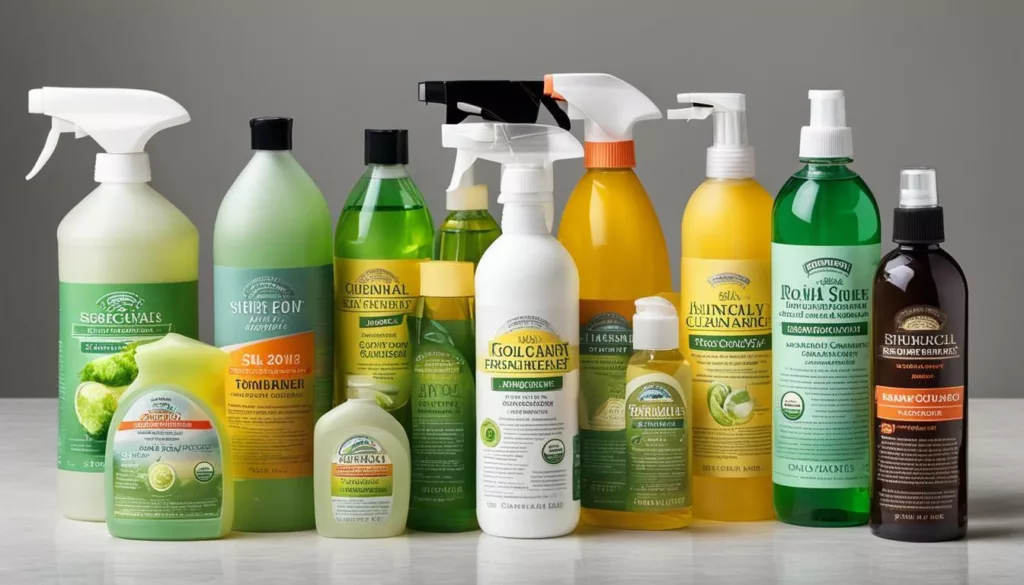
2.1 White Vinegar Acetic acid in white vinegar is a powerful natural cleaner that can break down soap scum without causing harm to the glass.
2.2 Baking Soda A gentle abrasive, baking soda assists in scrubbing away soap scum without scratching the glass.
2.3 Lemon Juice Citric acid in lemon juice acts as a natural degreaser, aiding in the removal of soap scum while leaving behind a fresh scent.
2.4 Dish Soap Mild dish soap can be effective in cutting through grease and soap residue on glass surfaces.
3. Step-by-Step Guide: Removing Soap Scum from Glass Shower Doors
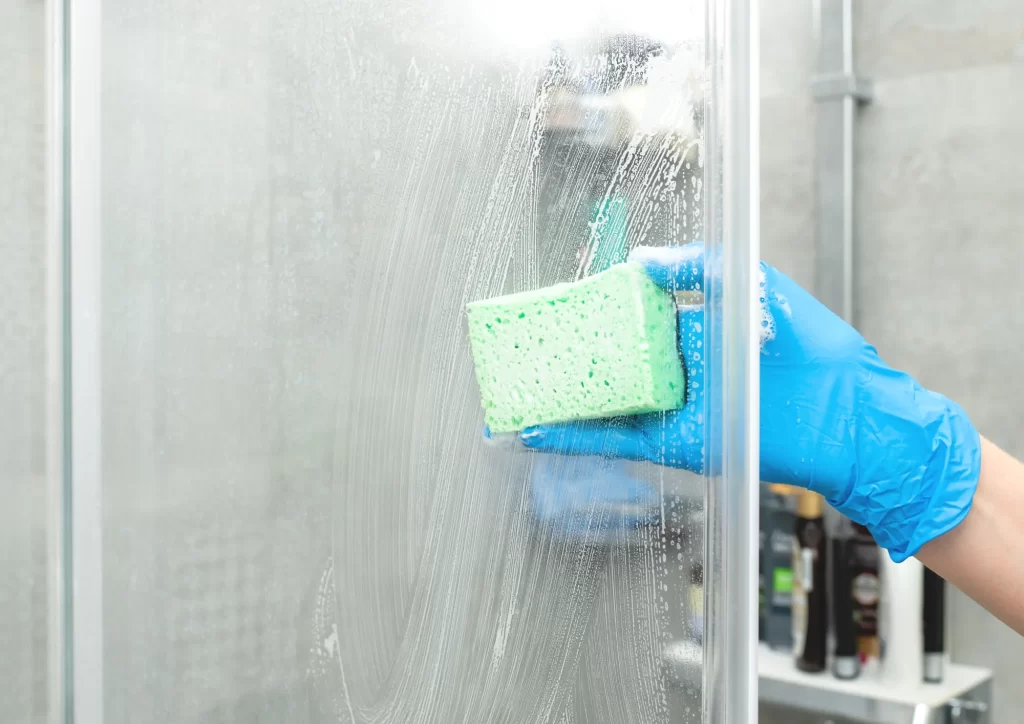
3.1 Pre-Cleaning Preparation Begin by removing any loose dirt or debris from the glass doors. A quick rinse with warm water can help in this initial phase.
3.2 Vinegar Solution Application Create a mixture of equal parts white vinegar and water in a spray bottle. Liberally spray the solution onto the glass, ensuring complete coverage of the soap scum.
3.3 Let it Sit Allow the vinegar solution to sit for at least 5-10 minutes, allowing it to penetrate and break down the soap scum.
3.4 Scrubbing with Baking Soda Apply baking soda directly to a damp sponge or soft cloth. Gently scrub the glass doors, focusing on areas with soap scum buildup. The baking soda acts as a mild abrasive, aiding in the removal process.
3.5 Rinse Thoroughly Rinse the glass doors with warm water to remove any remaining residue and cleaning agents.
3.6 Lemon Juice Finish For an added touch, apply lemon juice to the glass doors. The citric acid will not only contribute to soap scum removal but will leave a fresh fragrance behind.
3.7 Drying and Polishing Using a clean, dry microfiber cloth, thoroughly dry the glass doors. This step not only enhances the shine but also prevents water spots from forming.
4. Prevention is Key: Tips to Minimize Soap Scum Buildup
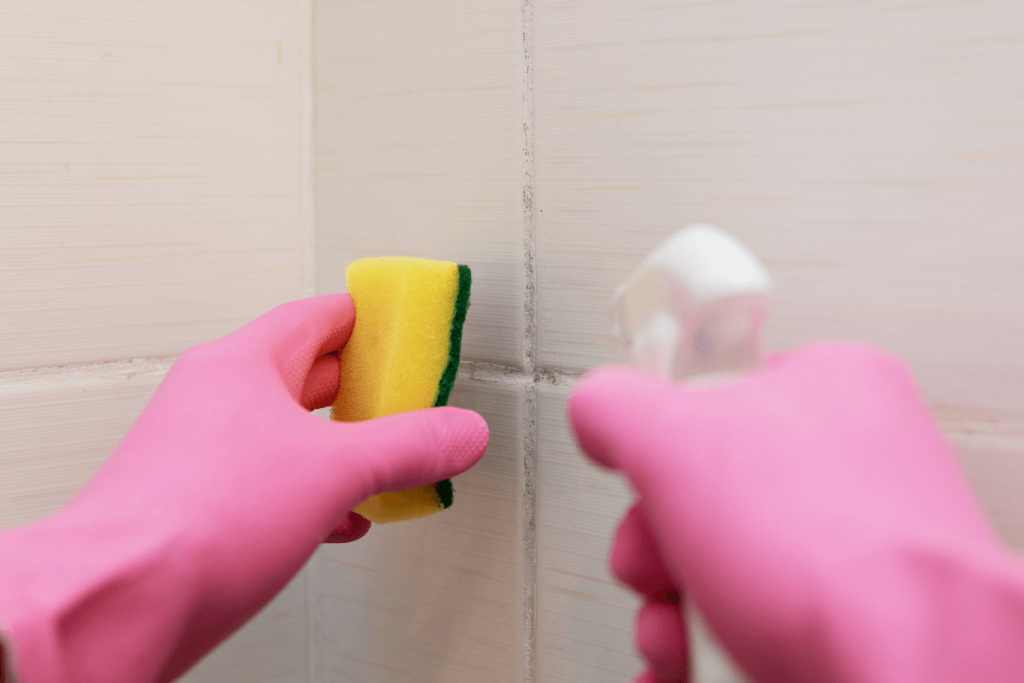
4.1 Use Liquid Soap Liquid soap tends to produce less scum compared to traditional bar soaps. Consider making the switch to minimize soap residue on your glass doors.
4.2 Install a Water Softener If hard water is a persistent issue in your area, investing in a water softener can significantly reduce the mineral content, decreasing the likelihood of soap scum formation.
4.3 Regular Cleaning Routine Incorporate glass door cleaning into your regular bathroom cleaning routine. Consistent maintenance helps prevent soap scum buildup and simplifies the cleaning process.
5. Common Challenges and Solutions: Troubleshooting Soap Scum Removal
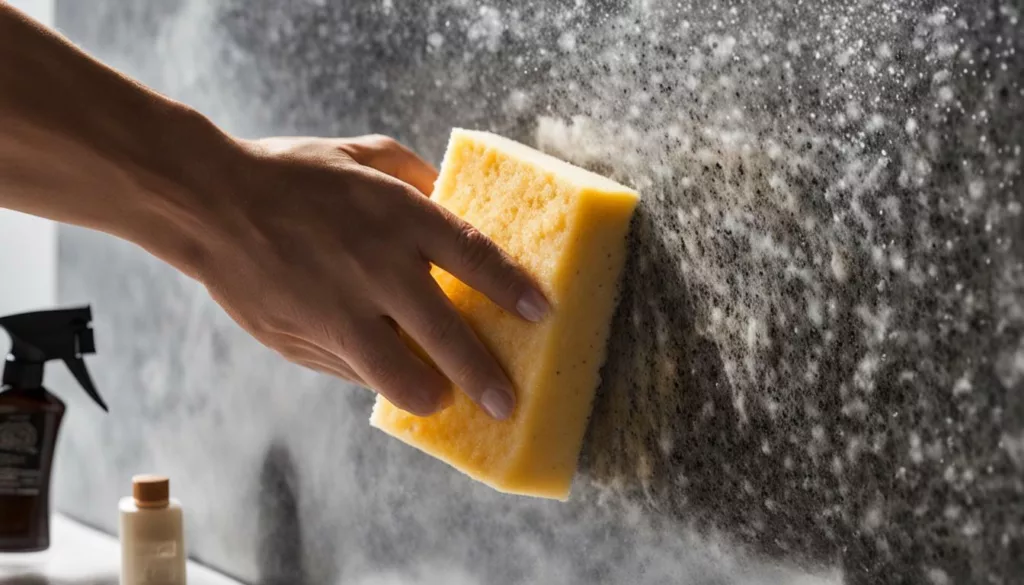
5.1 Stubborn Soap Scum Stains For persistent stains, create a paste using baking soda and water. Apply the paste to the affected areas, let it sit for 15-20 minutes, and then scrub with a soft brush.
5.2 Hard Water Deposits If hard water deposits are contributing to soap scum, use a mixture of vinegar and lemon juice to dissolve the mineral buildup. Follow up with a thorough rinse.
5.3 Scratches on Glass Avoid abrasive tools or materials that may scratch the glass surface. Stick to soft sponges, cloths, or brushes to ensure effective cleaning without causing damage.
Frequently Asked Questions (FAQs)
Q1: How often should I clean my glass shower doors to prevent soap scum buildup?
A1: Regular cleaning is recommended, ideally once a week. This frequency may need adjustment based on water hardness and usage patterns.
Q2: Can I use commercial cleaners to remove soap scum from glass doors?
A2: While some commercial cleaners are formulated for soap scum removal, natural solutions like vinegar and baking soda are effective and environmentally friendly alternatives.
Q3: Will vinegar damage the glass surface?
A3: No, white vinegar is safe for glass surfaces. It effectively removes soap scum without causing harm, but it’s essential to rinse thoroughly after use.
Q4: Can I use a squeegee to prevent soap scum buildup on glass doors?
A4: Yes, using a squeegee after each shower can help minimize water and soap residue on the glass, reducing the likelihood of soap scum formation.
Q5: Are there preventive coatings for glass shower doors to repel soap scum?
A5: Yes, some aftermarket coatings can be applied to glass doors to create a protective barrier, making it more difficult for soap scum to adhere.
Q6: What should I do if soap scum has etched into the glass surface?
A6: For etched glass, professional restoration services may be required. Prevention and regular cleaning are crucial to avoid severe damage.
Q7: Can I use steel wool or abrasive pads to scrub soap scum from glass?
A7: Avoid using steel wool or abrasive pads, as they can scratch and damage the glass surface. Stick to soft sponges or non-abrasive brushes.
Q8: Is it necessary to dilute vinegar before using it on glass shower doors?
A8: Yes, it’s advisable to dilute vinegar with water to prevent any potential damage to the glass. A 1:1 ratio is typically effective.
Q9: Are there DIY recipes for homemade glass cleaner to prevent soap scum?
A9: Yes, a mixture of water, white vinegar, and a small amount of dish soap can be a simple yet effective homemade glass cleaner.
Q10: Can I use a hairdryer to speed up the drying process after cleaning glass shower doors?
A10: Yes, using a hairdryer on a cool setting can expedite the drying process, preventing water spots and streaks.
Conclusion:
Banishing soap scum from your glass shower doors is not just about restoring visual appeal; it’s about preserving the longevity of these fixtures. Armed with the right knowledge and a few household items, you can bid farewell to soap scum and revel in the sparkling clarity of your glass shower doors. Incorporate these cleaning techniques into your routine, and let your bathroom shine bright once again.
Read about:small kitchen storage idea

